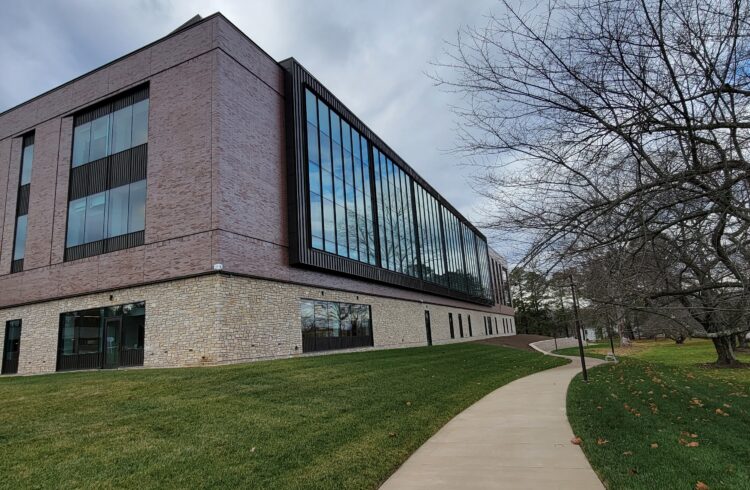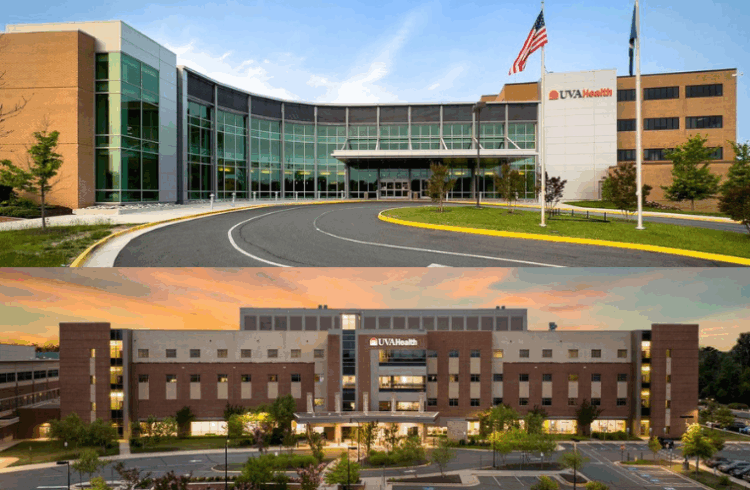
David Schiff, M.D., and colleagues at the University of Virginia Cancer Center were key researchers in a large national clinical trial that has resulted in U.S. Food and Drug Administration (FDA) accelerated approval of the medication bevacizumab, or Avastin, to treat the recurrence of glioblastoma. Glioblastoma is the most aggressive malignant primary brain tumor in adults and is nearly always fatal.
“In our clinical trials, we saw 30 to 40 percent of patients with dramatic shrinkage of tumors,” says Schiff, professor of neurology, neurosurgery and medicine in the UVA School of Medicine. “It’s not a cure, but this treatment does improve quality of life and prolong life.”
Glioblastoma affects approximately 10,000 people per year in the United States, and glioblastoma tumors nearly always return following initial treatment. With traditional therapy of radiation and the medication temozolomide, less than 21 percent of patients live for six months after recurrence of the disease. The median overall survival is 30 weeks or less.
Of the 167 patients enrolled in the multi-center Phase II study, 85 were treated with bevacizumab alone. Half lived for nine months or longer and nearly one third lived six months without their disease getting worse. All patients enrolled in the study had previously progressed in their disease following initial treatment with temozolomide and radiation had failed.
Bevacizumab is the first new treatment in more than a decade for people with previously treated glioblastoma.
“These results showed that bevacizumab should be a critical component of standard therapy for recurrence of this disease, and the FDA agreed,” says Schiff. “Now we plan to study bevacizumab as a treatment for newly diagnosed glioblastoma and in combinations for recurrent malignant glioma.”
Other premiere institutions involved in the national clinical trial included Duke University’s Brain Tumor Center, Brigham and Women’s Hospital of Harvard University, Memorial Sloan-Kettering Cancer Center and the University of Texas MD Anderson Cancer Center.


